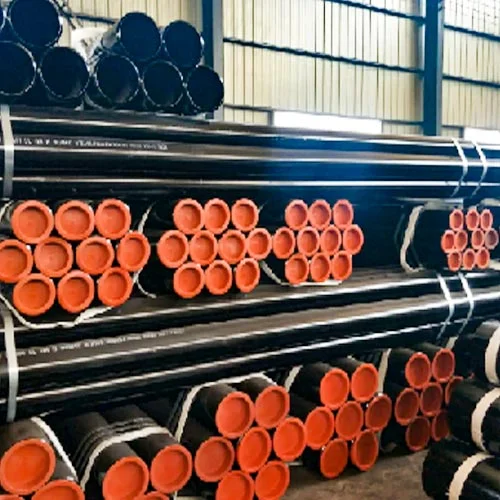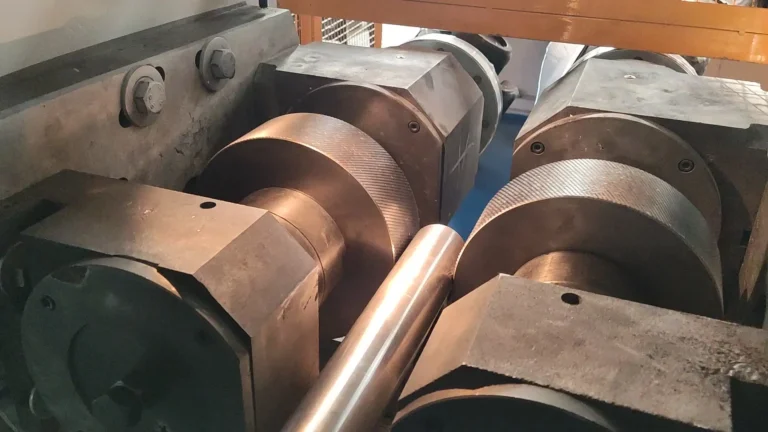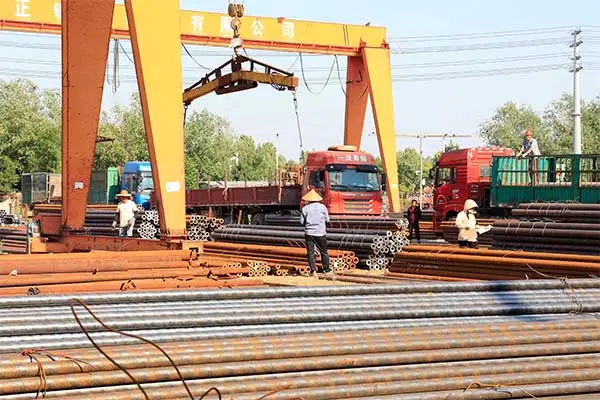Welcome to My Blog!
Before we dive into the content, I’d love for you to join me on my social media platforms where I share more insights, engage with the community, and post updates. Here’s how you can connect with me:
Facebook:https://www.facebook.com/profile.php?id=61559060896490
Now, let’s get started on our journey together. I hope you find the content here insightful, engaging, and valuable.
Table of Contents
Introduction

In today’s ever-evolving industries—whether it’s oil and gas, construction, geothermal energy, or water transportation—the demand for reliable, durable, and customizable steel casing pipe solutions has never been greater. While standard steel pipe products serve their purpose in general applications, there are scenarios where one-size-fits-all simply won’t do. Customization in steel casing pipe isn’t just an option; it’s often the key to project success.
Whether you’re a project manager overseeing an offshore drilling platform or a contractor working on a municipal water line, understanding the versatility and tailored options available in steel casing pipe can save you time, money, and operational headaches. This guide will take you deep into what makes steel casing pipe solutions adaptable to different needs, what to consider before choosing, and why these pipes are essential in various industrial applications.
Let’s dive in.
The Role of Steel Casing Pipe in Diverse Industries
Oil and Gas Exploration: Reinforcing the Backbone of Drilling Operations
One of the most critical uses of steel casing pipe is in the oil and gas sector. In drilling operations, the casing pipe serves as a protective layer, preventing borehole collapse and contamination of groundwater. Custom thicknesses and grades are crucial here because each well varies in depth, pressure, and environmental conditions.
Whether you need sour-service grade pipes or corrosion-resistant alloys, having flexibility in pipe specifications ensures your drilling operations are safe and cost-effective.
Construction and Infrastructure: Ensuring Longevity and Stability
In the construction industry, steel casing pipe is indispensable for piling and foundation support. These pipes create strong and stable supports for bridges, high-rises, and highways. Depending on soil conditions, load-bearing requirements, and seismic considerations, customization of wall thickness, length, and diameter is essential.
A tailored solution means your pipe won’t buckle under stress—or your budget.
Water and Geothermal Projects: Protecting Essential Resources
Water transportation and geothermal energy extraction require steel casing pipe that is resistant to corrosion and mechanical stress. Whether it’s a municipal water supply line or a geothermal well, pipe integrity over decades is crucial to ensure clean, safe delivery of natural resources.
Key Factors to Consider When Customizing Your Steel Casing Pipe
Material Grade Selection: The First Step to Long-Term Success
Not all steel is created equal. The material grade of your steel casing pipe determines its strength, corrosion resistance, and temperature tolerance. Customization allows you to select specific grades suitable for:
- High-pressure environments
- Corrosive soil or liquid conditions
- High-temperature applications
Common material grades include API 5CT, ASTM A53, and ASTM A106, but the right one depends on your unique application.
Diameter, Length, and Thickness: Precision for Every Project
Custom steel casing pipe solutions offer flexibility in size and shape. Depending on your project needs, options include:
- Outer Diameter (OD): Typically ranging from 4 ½” to over 20”
- Wall Thickness: From standard to extra heavy
- Length: Double random length (DRL), Single random length (SRL), or cut-to-length
Tailoring these dimensions ensures the perfect fit for your borehole or structure.
Threading and End Finishes: Connections that Matter
For steel casing pipe, connections are just as important as the pipe itself. Custom threading options such as:
- Plain End
- Threaded and Coupled
- Beveled End
These finishes impact how pipes connect in the field and resist internal pressure or external stress.
Coatings and Surface Treatments: Extending Service Life
To protect your investment and enhance durability, custom coatings and treatments are available:
- Fusion Bonded Epoxy (FBE)
- Galvanized
- Bituminous Coating
- Anti-corrosion Paints
A properly coated steel casing pipe lasts significantly longer in challenging environments.
Comprehensive Comparison Table for Custom Steel Casing Pipe Specifications
Here’s a comparison table highlighting typical customization options to guide your decision-making process:
| Specification | Available Options | Considerations |
|---|---|---|
| Material Grade | API 5CT, ASTM A53, ASTM A106, J55, K55, N80, P110 | Choose based on pressure, temperature, and corrosion resistance |
| Outer Diameter (OD) | 4 ½” to 20”+ | Larger diameters for structural or piling applications |
| Wall Thickness | Standard, Heavy, Extra Heavy | Heavy wall pipes for high-stress environments |
| Pipe Length | SRL, DRL, Custom Cut Length | Cut-to-length pipes reduce field adjustments |
| Threading/End Finish | Plain End, Threaded & Coupled, Beveled End | Match threading to installation environment |
| Coating | FBE, Galvanized, Bituminous, Anti-corrosion Paint | Coating extends service life in corrosive settings |
| Certification Standards | API, ASTM, ISO | Certification ensures quality and compliance |
How Custom Steel Casing Pipe Solutions Drive Project Success
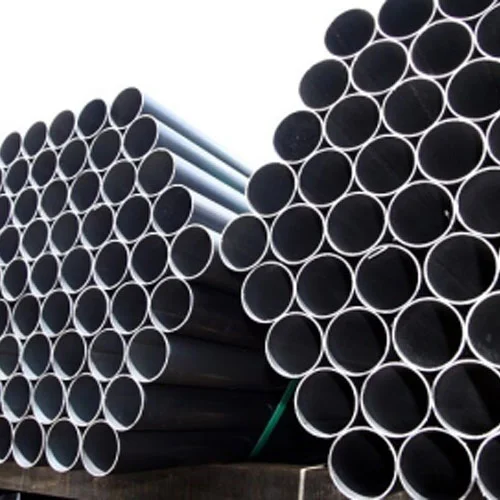
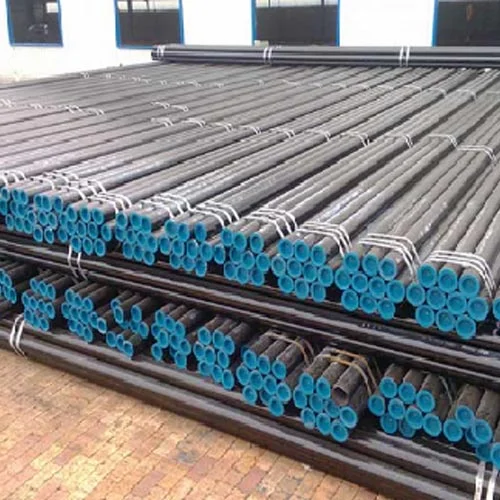
Reducing Downtime and Installation Costs
When you opt for customized steel casing pipe, you reduce field adjustments like cutting or re-threading. Pipes arrive ready to install, minimizing labor costs and project delays.
Enhancing Structural Integrity and Safety
Pipes designed for your specific load and pressure requirements ensure your infrastructure remains safe, durable, and resistant to environmental stressors.
Increasing Project Flexibility
Whether your project scope changes or you encounter unexpected ground conditions, having access to flexible steel casing pipe options means you can adapt quickly without sourcing entirely new materials.
Conclusion
In industries where safety, durability, and cost-efficiency are top priorities, settling for off-the-shelf products can introduce unnecessary risks. Customizing your steel casing pipe solutions allows you to meet the unique demands of your projects head-on—whether it’s ensuring the stability of a foundation, protecting a high-pressure oil well, or maintaining the purity of a water supply line.
By carefully selecting specifications such as material grade, wall thickness, end finishes, and coatings, you ensure a product that performs reliably under the exact conditions it was designed for. When it comes to steel casing pipe, the right solution isn’t just about steel—it’s about confidence in every connection, joint, and weld.
Make customization your standard—not the exception—and secure your project’s success from the ground up.
FAQ
What is the main purpose of steel casing pipe?
A steel casing pipe provides structural support and protection for boreholes, foundations, and pipelines. It prevents contamination, collapse, and corrosion in various applications, including oil and gas drilling, water transportation, and construction piling.
Can I customize both the length and diameter of steel casing pipe?
Yes, you can fully customize the length, diameter, and wall thickness based on your project requirements. Custom solutions allow pipes to fit precise borehole or structural dimensions, reducing on-site modifications.
What coatings are recommended for steel casing pipe in corrosive environments?
In highly corrosive environments, coatings like Fusion Bonded Epoxy (FBE), galvanization, or bituminous layers are recommended. These coatings extend the service life of the pipe by preventing rust and degradation.

